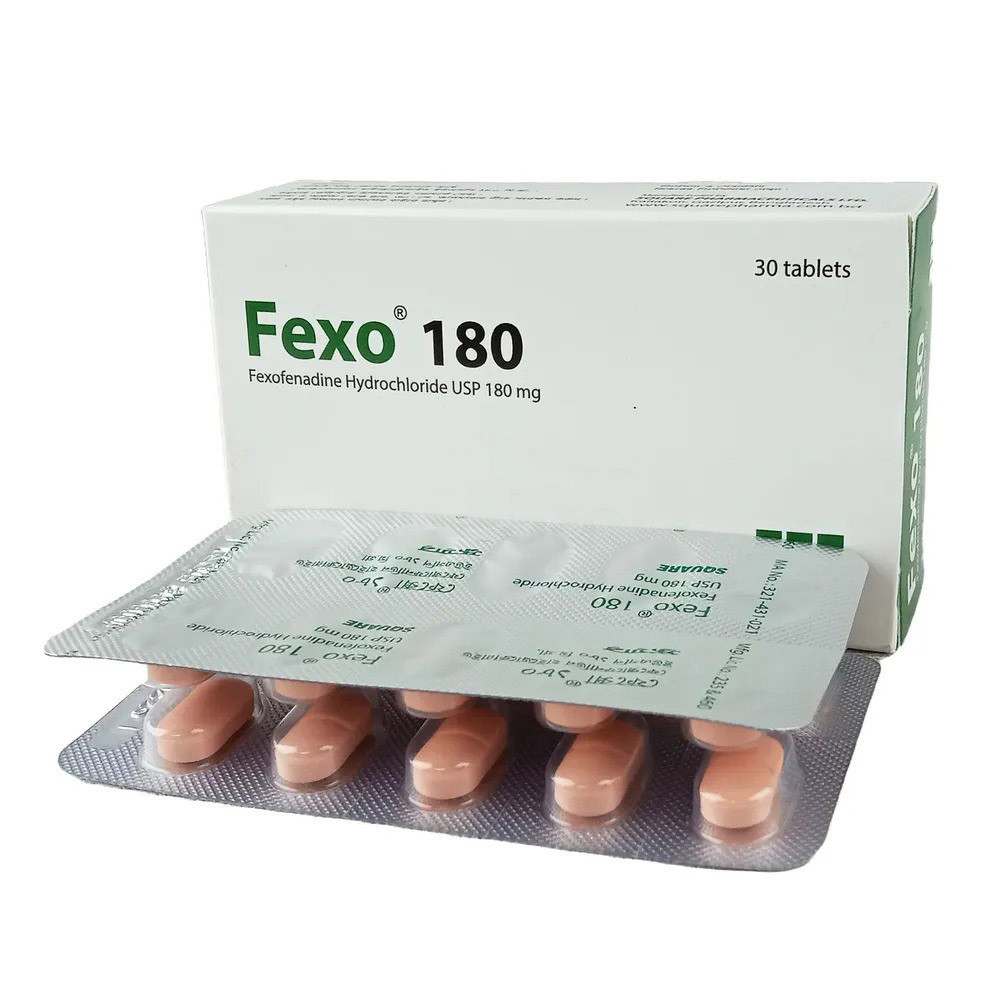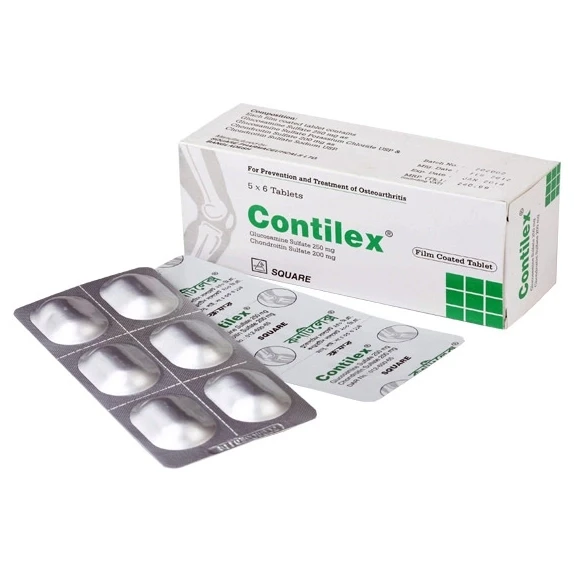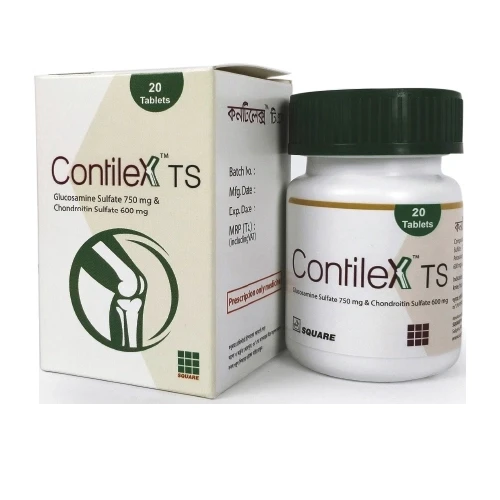

Dolwin Tablet, Naproxen Sodium 500 mg
Inhouse product
-
৳11.40
৳12.00 -
৳42.75
৳45.00 -
৳16.63
৳17.50 -
৳2.14
৳2.25
Reviews & Ratings
Indications
Dolwin is indicated
for the relief of sign and symptoms of-
- rheumatoid arthritis
- osteoarthritis
- ankylosing spondylitis
- juvenile arthritis
- tendonitis
- bursitis
- acute gout
It is also indicated
for the management of primary dysmenorrhea & pain.
* রেজিস্টার্ড চিকিৎসকের পরামর্শ মোতাবেক ঔষধ সেবন করুন'
Pharmacology
As with other
non-selective NSAIDs, naproxen exerts it's clinical effects by blocking COX-1
and COX-2 enzymes leading to decreased prostaglandin synthesis. Although both
enzymes contribute to prostaglandin production, they have unique functional
differences. The COX-1 enzymes is constitutively active and can be found in
normal tissues such as the stomach lining, while the COX-2 enzyme is inducible
and produces prostaglandins that mediate pain, fever and inflammation. The
COX-2 enzyme mediates the desired antipyretic, analgesic and anti-inflammatory
properties offered by Naproxen, while undesired adverse effects such as
gastrointestinal upset and renal toxicities are linked to the COX-1 enzyme.
Dosage &
Administration
Naproxen oral
preparations should be taken with water preferably after meals.
Naproxen Enteric
Coated Tablet: Adult:
- For rheumatoid
arthritis/ osteoarthritis/ ankylosing spondylitis: For adults 500-1000 mg per day taken in two devided
doses at 12- hour intervals. The maintenance dose is usually 500 mg per
day taken in two devided doses at 12 - hour intervals. The total daily
dose of Naproxen should not exceed 1000 mg maintaining 12-hour intervals.
- For acute gout: 750 mg should be given initially, then 250 mg every 8
hours until the attack has passed. Children under 16 years are not
recommended.
- For dysmenorrhoea: For adults 500 mg should be given initially, followed
by 250 mg at 6-8 hour intervals for upto 5 days, if necessary.
- For other
indications like analgesia and acute musculoskeletal disorders: 500 mg should be given initially, followed by 250 mg
at 6-8 hour intervals, if necessary.
Naproxen
Enteric Coated Tablet: Children: Children under 16 years are not recommended.
Naproxen Suspension: Children:
For juvenile
rheumatoid arthritis: The usual dose for
children over 2 years is 10 mg/kg/day given as two divided doses at 12-hour
intervals. Therapy in children under 2 years of age is not recommended. The
following may be used as a guide for dosage of suspension:
- 13 kg (29 lb) 2.5 mL b.i.d.
- 25 kg (55 lb) 5 mL b.i.d.
- 38 kg (84 lb) 7.5 mL b.i.d.
Naproxen Gel: Is to be applied 2-6 times a day as required
and is not recommended for use in children.
* রেজিস্টার্ড চিকিৎসকের পরামর্শ মোতাবেক ঔষধ সেবন করুন'
Interaction
ACE inhibitors: diminish the antihypertensive effect of ACE
inhibitors.
Antacids &
Sucralfate: delay the absorption
of Dolwin.
Aspirin: increase adverse effects.
Diuretics: reduce the natriuretic effect of Furosemide
and Thiazides.
Methotrexate: enhance the toxicity of Methotrexate.
Warfarin: increase the risk of GI bleeding.
Selective Serotonin
Reuptake Inhibitors (SSRI):
increase the risk of GI bleeding.
Contraindications
Naproxen is
contraindicated in patients with known hypersensitivity to Naproxen. It should
not be given to patients who have experienced asthma, urticaria, or
allergic-type reactions after taking aspirin or other NSAIDs. It is
contraindicated for the treatment of perioperative pain in the setting of
coronary artery bypass graft (CABG) surgery.
Side Effects
Most frequently
reported side effects include following:
- Gastrointestinal: Heartburn, abdominal pain, nausea, diarrhea,
dyspepsia.
- Central Nervous
System: Headache, vertigo,
drowsiness.
- Dermatological: Pruritus (itching), purpura.
- Cardiovascular: Edema, palpitation.
- Others: Visual disturbances, hearing disturbances.
Pregnancy &
Lactation
Most non-steroidal
anti-inflammatory drugs may have an adverse effect on the fetus through their
pharmacological properties. Naproxen causes a delay in parturition in animals
and has been associated with premature closure of the ductus arteriosus and
severe pulmonary hypertension in infants born to mothers taking Naproxen. The
use of Naproxen in the first and third trimesters requires careful balancing of
the benefits to the mother against the possible risks to the fetus. Naproxen is
excreted in small amounts in the breast milk for nursing mothers. The amount of
Naproxen distributed into breast milk is considered by some authorities to be
too small to be harmful to a breast-fed infant although some manufacturers
recommend that breast feeding should be avoided during Naproxen therapy.
Precautions &
Warnings
Renal effects: As with other non-steroidal anti-
inflammatory drugs, long-term administration of naproxen to animal has
resulted in renal papillary necrosis and other abnormal renal pathology.
In humans, there have been reports of acute interstitial nephritis, hematuria, proteinuria
and occasionally nephrotic syndrome associated with Dolwin-containing
products and others NSAIDs since they have been marketed. Dolwin and its
metabolites are eliminated primarily by the kidneys; therefore, the drug
should be used with caution in patients with significantly impaired renal
function, and the monitoring of serum creatinine and/or
creatinine clearance is advised in these patients. Caution should be used
if the drug is given to the patients with creatinine clearance of less
than 20ml/min because accumulation of naproxen metabolites has been seen
in such patients.
Hepatic effects: There have been a few reports of moderate to
severe jaundice attributed to Dolwin.
Therapeutic Class
Drugs for
Osteoarthritis, Drugs used for Rheumatoid Arthritis, Non-steroidal
Anti-inflammatory Drugs (NSAIDs)
Storage Conditions
Keep below 30°C
temperature, protected from light & moisture. Keep out of the reach of
children.
Frequently Bought Products
Product Queries (0)
Login Or Registerto submit your questions to seller
Other Questions
No none asked to seller yet
-
৳11.40
৳12.00 -
৳42.75
৳45.00 -
৳16.63
৳17.50 -
৳2.14
৳2.25








![D-Fill Capsule Cholecalciferol [Vitamin D3] 2000 IU](https://skpharma.com.bd/public/uploads/all/kxJZ08s3t5J4FOfqYMuXOMnRH7EXF3IpzYZ1ss6i.jpeg)








